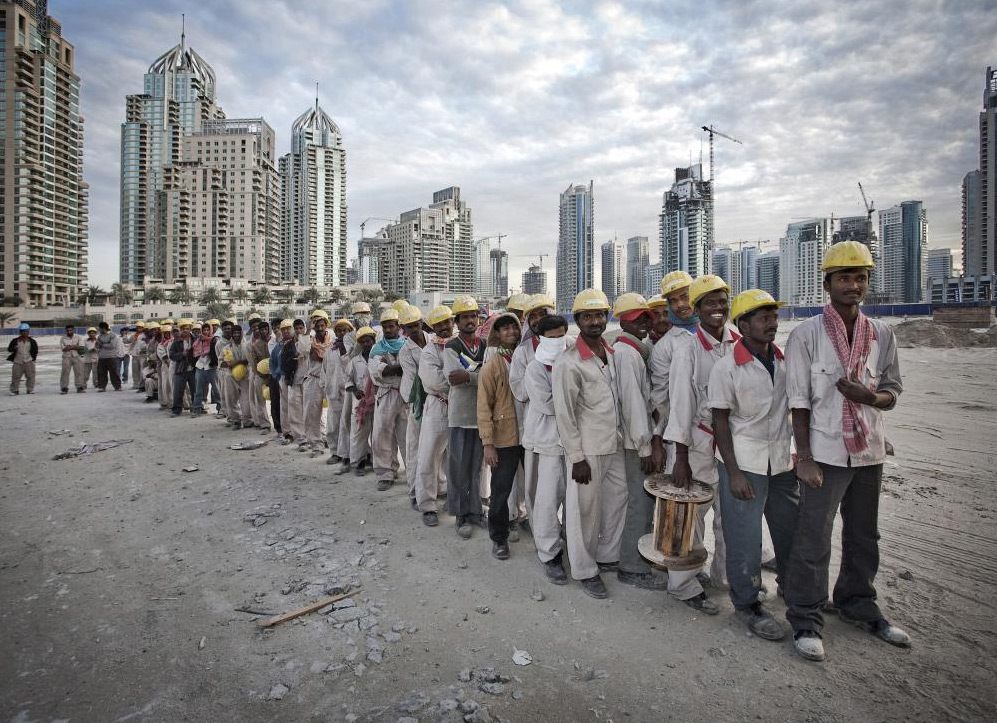Political Economy of the Gulf States in the Context of the Middle East Region
The six Arab states of the Gulf Cooperation Council (Saudi Arabia, Kuwait, Qatar, Bahrain, the United Arab Emirates and Oman) play an increasingly prominent role in the global economy and throughout the broader Middle East region. Over the last two decades, vast oil profits have led to the construction of the world’s tallest buildings, an artificial island, and malls so large that they sport a dinosaur theme park and an indoor ski slope. These contries are also host to the highest proportion of labour migrants of any region in the world – overwhelmingly temporary workers, lacking citizenship and other basic rights. In his lecture Adam Hanieh analyzes the recent development of Gulf capitalism through to the aftermath of the 2008 economic crisis and presents a new theoretical interpretation of this important region of the Middle East political economy. Without tackling the power of the Gulf monarchies there will be no fundamental change in the region, Hanieh is convinced. In his view there are no long-term national solutions to the problems facing the Middle East that leave the control of such immense wealth in the hands of so very few.  Dr. Adam Hanieh lehrt am Department of Development Studies an der School of Oriental and African Studies der Universität London. Seine Forschungsinteressen konzentrieren sich auf Arbeitsmigration im Kontext des Weltmarkts, Politische Ökonomie der Internationalisierung und des Finanzkapitals sowie Staats- und Klassentheorien. Sein regionaler Schwerpunkt ist der Mittlere Osten mit einem spezifischen Fokus auf die Golfstaaten und Palästina.
Dr. Adam Hanieh lehrt am Department of Development Studies an der School of Oriental and African Studies der Universität London. Seine Forschungsinteressen konzentrieren sich auf Arbeitsmigration im Kontext des Weltmarkts, Politische Ökonomie der Internationalisierung und des Finanzkapitals sowie Staats- und Klassentheorien. Sein regionaler Schwerpunkt ist der Mittlere Osten mit einem spezifischen Fokus auf die Golfstaaten und Palästina.





